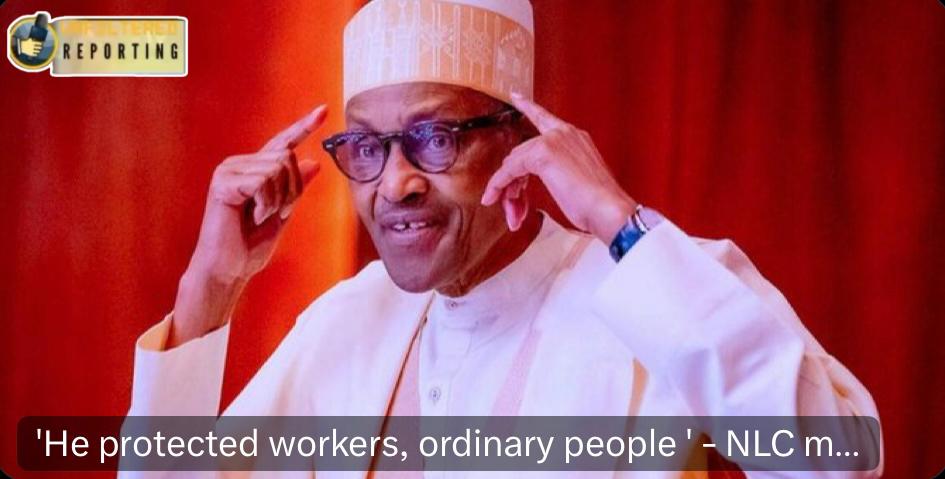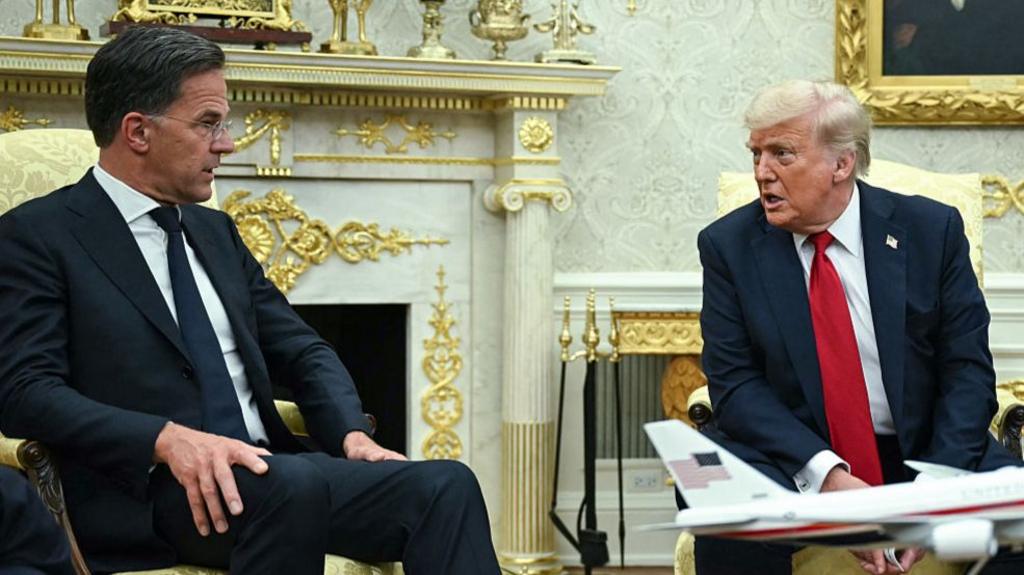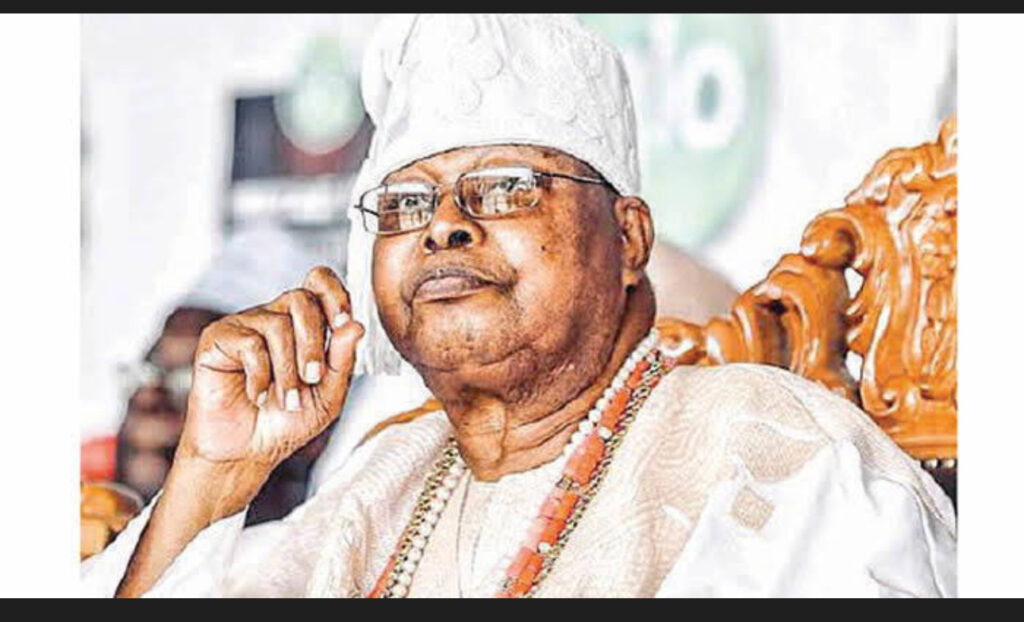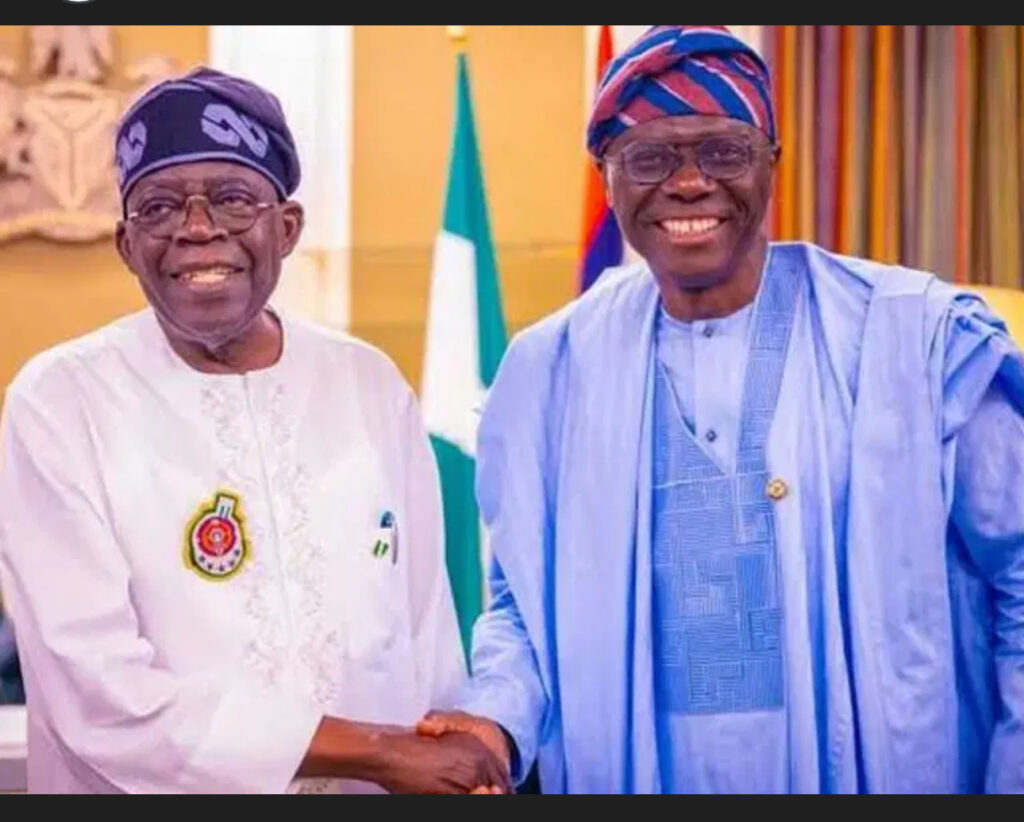Stakeholders Support Proposed Sale of Nigeria’s Refineries
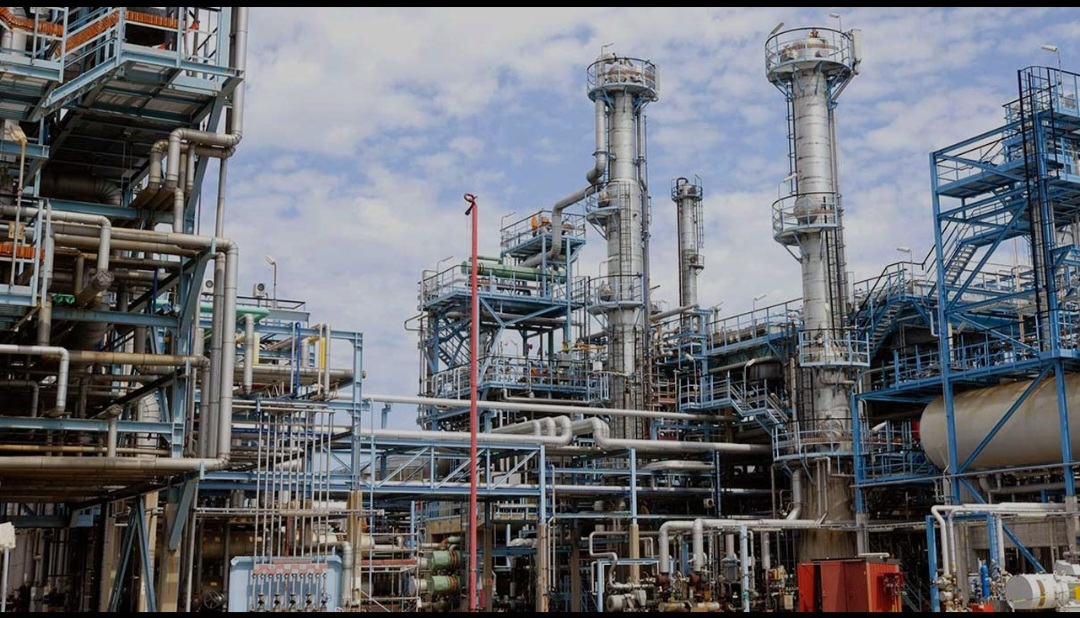
Oil marketers and key industry players have voiced strong support for the proposed sale of Nigeria’s government-owned refineries—Port Harcourt, Warri, and Kaduna—managed by the Nigerian National Petroleum Company Limited (NNPCL).
They insist the process must be open, inclusive, and transparent to avoid repeating past mistakes.
The endorsement follows recent comments by NNPCL’s Group CEO, Bayo Ojulari, who acknowledged during an interview at the OPEC Seminar in Vienna that the ongoing rehabilitation of the refineries has not produced the expected results.
He attributed the failure to the age and inefficiency of the facilities, revealing that the company is reviewing its strategy and could finalize a decision by the end of the year.
While Ojulari noted that a sale is one of several options on the table, no decision has been made yet.
Reacting to the development, President of the Petroleum Products Retail Outlets Owners Association of Nigeria (PETROAN), Billy Gillis-Harry, described privatisation as the most logical course of action given the facilities’ longstanding underperformance.
However, he warned that any attempt to politicize the process or sideline stakeholders would undermine its credibility.
Gillis-Harry emphasized that industry associations such as PETROAN, MEMAN, DAPPMAN, IPMAN, and NUPENG must be involved, and reiterated concerns over the federal government’s failure to provide updates on earlier refinery investigations and turnaround timelines.
Similarly, Chinedu Ukadike, National Publicity Secretary of the Independent Petroleum Marketers Association of Nigeria (IPMAN), said the refineries have become a financial burden, with billions wasted on maintenance that yielded no returns. He stressed that while the facilities should not be scrapped, the government must make a decisive move—either sell or completely overhaul them—with a focus on improving productivity and introducing competition in the sector.
Energy economist Kelvin Emmanuel criticized the lack of action against former NNPCL leadership over alleged mismanagement, calling it an economic sabotage. He urged anti-graft agencies to launch investigations before any sales are concluded.
Renowned petroleum expert, Prof. Wumi Iledare, added a cautionary note, advising the government to align any sale of the refineries with national interest and the provisions of the Petroleum Industry Act (PIA), rather than rushing into decisions driven by short-term pressures.
Despite multiple allocations—including over $1.4 billion for Port Harcourt and hundreds of millions more for Warri and Kaduna—Nigeria’s refineries have remained dormant. Many see this proposed divestment as a potential turning point—provided it is executed transparently and with all stakeholders at the table.


